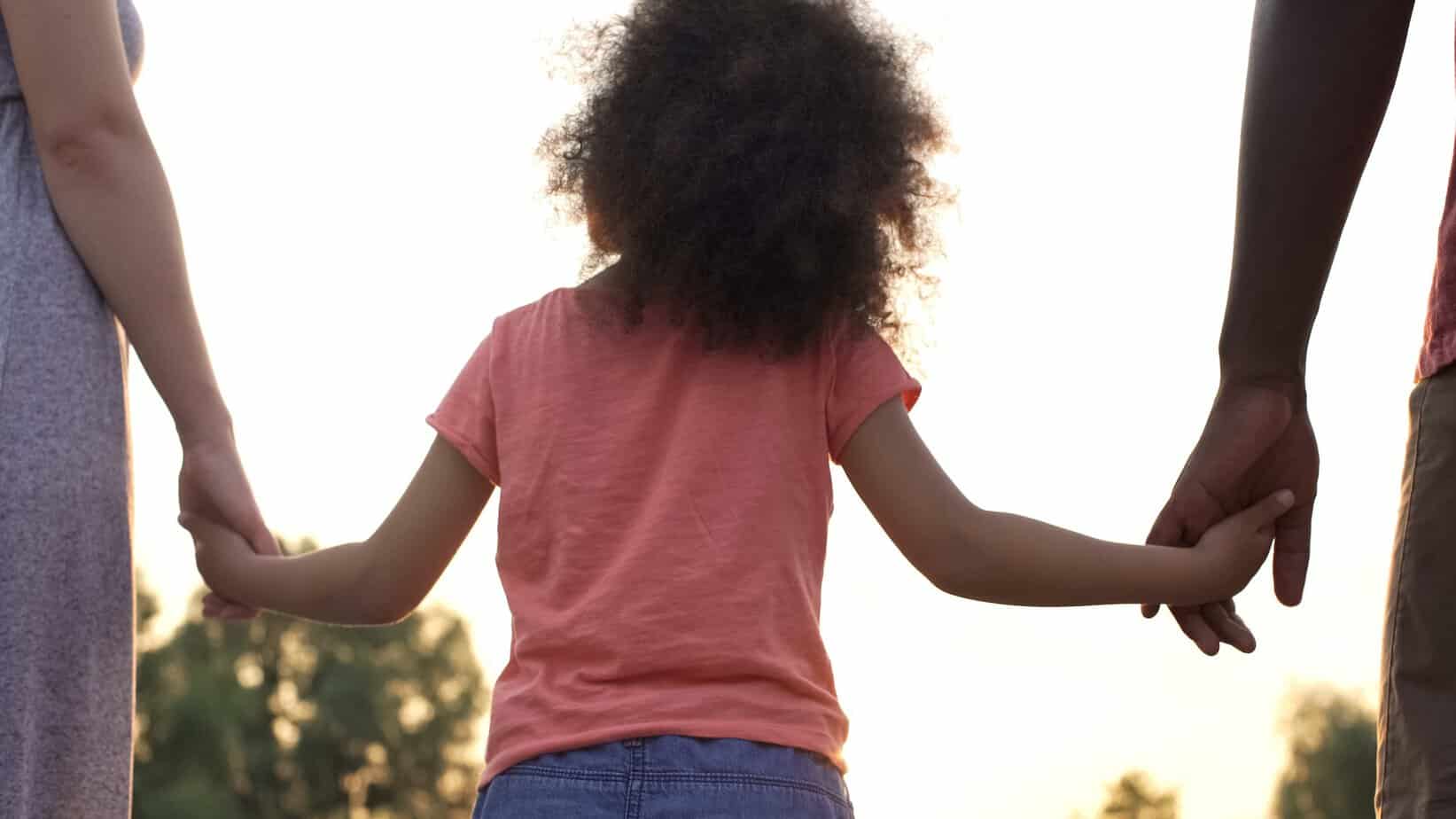Blog
Violence Against Women is a Global Health Issue
25.11.2021
Author: Shiri Ben-Arzi, PMC
November 25th is the International Day for the Elimination of Violence Against Women.
The data, as of today, is horrifying:
- Globally, 1-3 women —have been subjected to intimate partner violence, non-partner sexual violence, or both at least once in their life (30 per cent of women aged 15 and older).
- Most violence against women is perpetrated by current or former husbands or intimate partners.
- Of those who have been in a relationship, almost one in four adolescent girls aged 15 to 19 (24%) have experienced physical and/or sexual violence from an intimate partner or husband.
- Globally, 6% of women report they have been subjected to sexual violence from someone other than their husband or partner.
- 137 women are killed by a member of their family every day.
- 15 million adolescent girls worldwide, aged 15–19 years, have experienced forced sex.
- School-related gender-based violence is a major obstacle to universal schooling and the right to education for girls.
- Across five regions, 82% of women parliamentarians reported having experienced some form of psychological violence while serving their terms.
- COVID-19 pandemic has further increased women’s exposure to violence, as a result of measures such as lockdowns and disruptions to vital support services.
(Source – https://www.unwomen.org/en/what-we-do/ending-violence-against-women/facts-and-figures )
This is not just a social crisis it is a global health crisis as well.
Violence against women (physical, sexual or psychological) causes short- and long-term physical, mental, sexual and reproductive health problems for women. This is a short list of associated health problems:
- Injuries
- Unintended pregnancies
- Miscarriage
- Stillbirth
- Pre-term delivery and low birth weight babies
- Induced abortions
- Gynaecological problems,
- Sexually transmitted infections, including HIV.
- Depression
- Post-traumatic stress and other anxiety disorders
- Sleep difficulties
- Eating disorders
- Suicide attempts.
- Sexual violence, particularly during childhood, can lead to increased smoking, substance use, and risky sexual behaviours.
- Violence against woman affect their children’s health and wellbeing and has been associated with higher rates of infant and child mortality and morbidity.
The role of Medical and Health Coaches
While preventing and responding to violence against women requires a multi-sectoral approach, we – Medical and Health Coaches, being a trusted allies, have an important role to play.
These are 6 things you – the coach, can do to influence change:
- If you are experiencing violence, ask for help – now!
- If a female colleague you know is suffering from violence, let her know that you know and ask how you can help.
- Know the signs of relationship abuse – https://www.unwomen.org/en/what-we-do/ending-violence-against-women/faqs/signs-of-abuse
- Know the health issues associated with violence against women (see above)
- Become aware of the global numbers and statistics and accept that they apply to your female clients, as well – https://www.unwomen.org/en/what-we-do/ending-violence-against-women/facts-and-figures
- Know the local resources (medical, mental health, law and police) in your country, that are available for victims of violence against women.
- Get support and supervision when needed.
It’s important to understand that violence – in all its forms – has an impact on a woman’s health and well-being –long after the abuse has ended.
That is why, if we are not part of the solution, we become part of the problem.







